-
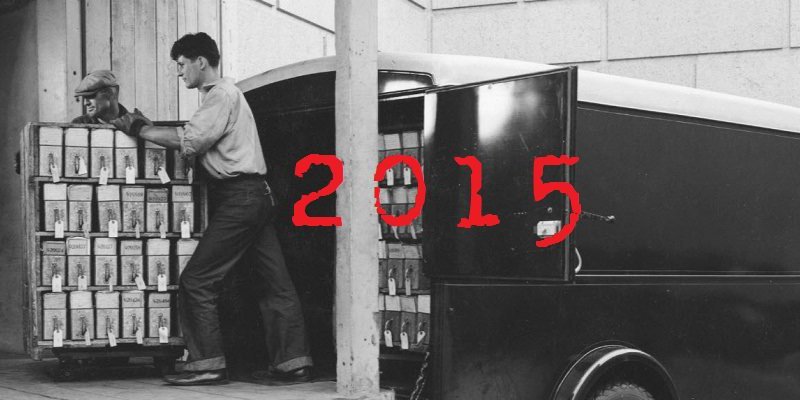
MuckRock’s year in FOIA: 2015
We filed nearly as many requests in 2015 as we did in our previous five years combined, releasing over 350,000 pages of government documents. And that’s just the beginning - here’s the stories, big and small, you helped uncover this year.
-

A few of our favorite agencies
Last month, we put out a call for thanks to the agency staff that have helped make FOIA and public records work for you. Here are a few of the submissions we received.
-

Agency Voice: Department of Defense’s Jim Hogan
As the Department of Defense’s Chief of FOIA Policy, Jim Hogan helps oversee the processes that manage the roughly 60,000 requests the DoD sees each year. For him, it all started 20 years ago when, as an active duty officer in the Air Force, he made the jump to processing FOIA requests.
-
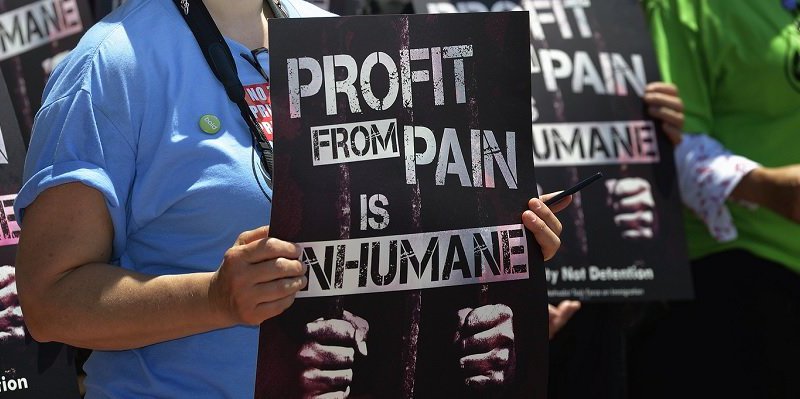
Private Prisons control access to inmate grievances
A particularly unsettling exchange with a private prison’s legal team leads Beryl Lipton to reflect on her investigation so far, and what next year will bring.
-

Tour de Force: The Minuteman Missile Historic Site Ranger guide
In the 1990s, during our nuclear disarmament initiative, Congress preserved two intercontinental ballistic missile (ICBM) silos as historic sites. Today, the public can visit and follow a National Park Ranger loosely on scripted tour all the way down into the launch control center itself, which covers the basic history of the Cold War, provides fun facts and trivia about the silo, and asks visitors to contemplate unleashing nuclear Armageddon.
-

How much sewage is your town dumping into Massachusetts waterways?
According to recently-released EPA documents, the city of Worcester, Massachusetts, dumped more than 525 million gallons of mixed sewage and rainwater into Massachusetts waterways in 2013, leading the 24 cities and towns authorized to do so in the state.
-

“America wants clean wholesome programming” Duck Dynasty FCC compliments
While A&E’s “Duck Dynasty” has repeatedly drawn controversy over the Robertson family patriarch’s incendiary comments on, well, everything, FCC “compliments” released under FOIA reveal a dedicated viewer base which holds it as television’s moral compass to which all other shows are judged.
-

Requester’s Voice: Phil Eil
After nearly four years in self-described “FOIA University,” freelancer Phil Eil’s public record education is approaching graduate level status. The evidence records of Dr. Paul Volkman - whose “pill mill” court case sparked an “epidemic” discourse around prescription drug use in America - took years to obtain from the Drug Enforcement Administration, and even then, the majority of materials were withheld. Now, with the help of the Rhode Island ACLU, Phil is immersed in a court battle for full disclosure. We first spoke with Phil last year, and we caught up with him again for this week’s Requester’s Voice.
-
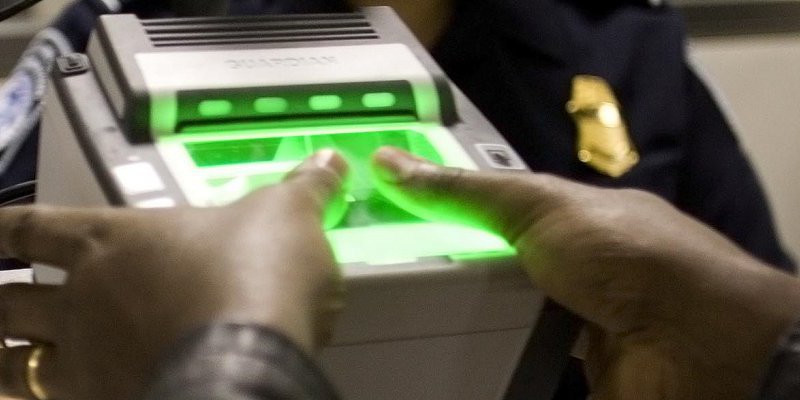
Explore the defense industry’s ties to police biosurveillance in California
Wondering who is supplying the biometric gear police use? Aaron Cantú looks at the companies who make thumbprint scanners, facial recognition gear, and more, and examines their funding sources, including the Department of Homeland Security and foreign governments.
-

Access Denied: A survey of media access to public officials
The Society of Professional Journalists and MuckRock believe a journalist’s access to direct information from government employees is important. Lack of access, delayed access, and even blocked access impedes a journalist ability to do their job: to accurately, fairly and ethically inform the public.
-

FBI’s efforts to get John Lennon deported were undercut by Bureau’s inability to tell hippies apart
John Lennon’s sizable FBI file begins in the midst of his 1972 deportation battle with INS. While Lennon argued in court that the motive behind the deportation was political, the Bureau worked to secure a narcotics charge that would get him out of the country before the Republican National Convention that year.
-

Boston police releases confidential informant consent form
Following a public records request, Boston Police Department has released Form 2645, the Informant Working Agreement. The document, sent in both English and Spanish, stipulates 11 specific clauses that must be agreed to by an individual before they can become an official informant of the BPD.
-

Requester’s Voice: Brandon Smith
Brandon Smith is a Chicago journalist whose work recently caught the nation’s attention after he persevered in getting police video of the Laquan McDonald shooting released, leading to one officer being charged and the chief of police being fired. In this week’s Requester’s Voice, Smith talks about how public records gives him a leg up as an independent reporter chasing big stories.
-
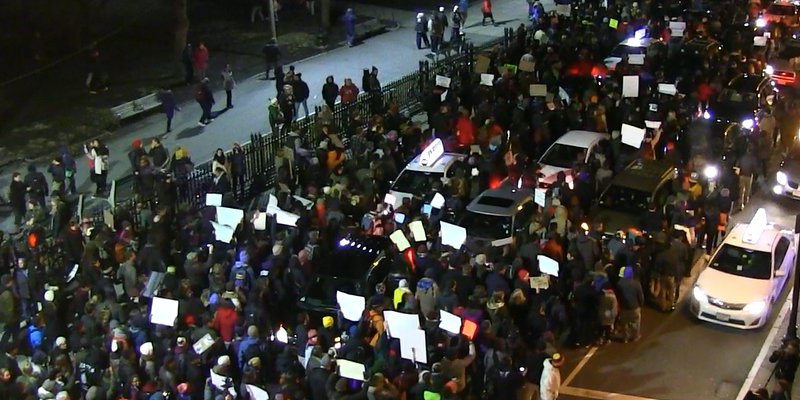
Watch the Boston Common protest through the police’s perspective
Cops and citizens have been pointing fingers and cameras at one another with increasing force over the last year. Freedom of information laws make access to the former’s footage a matter of public record. Take a look at Boston’s protests, as seen through cop camcorders, and then ask for some of your own.
-

Massachusetts public records reform shouldn’t make delay the law of the land
Over the past few years, something unusual has quietly happened when it comes to public access: Small changes for the better. But while legislation passed by the House includes some great and much needed improvements, it fails to address - and in some case worsens - Massachusetts public records law’s problems, leaving the state dangerously behind its peers.
-
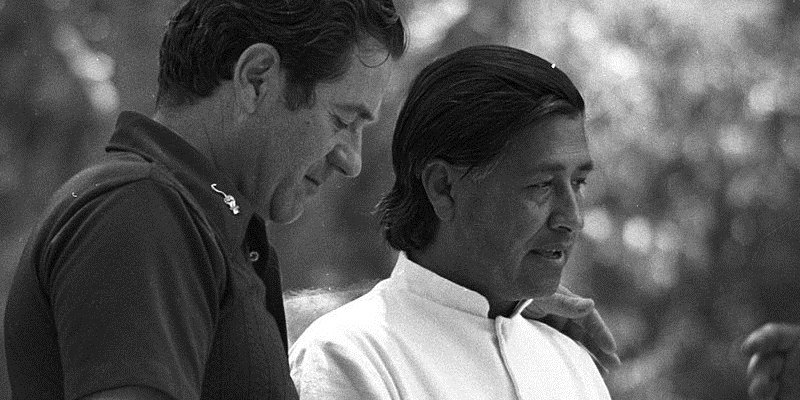
FBI thought Cesar Chavez was only into labor organizing for the money
Cesar Estrada Chavez, Mexican American icon and prominent leader of an historic strike of California farm workers, was the subject of hundreds of pages of FBI correspondence throughout the ’60s, speculating on the nature of his humanitarian and civil rights activism - much of which seems to suggest skepticism in regard to the sincerity of Chavez’s intentions.